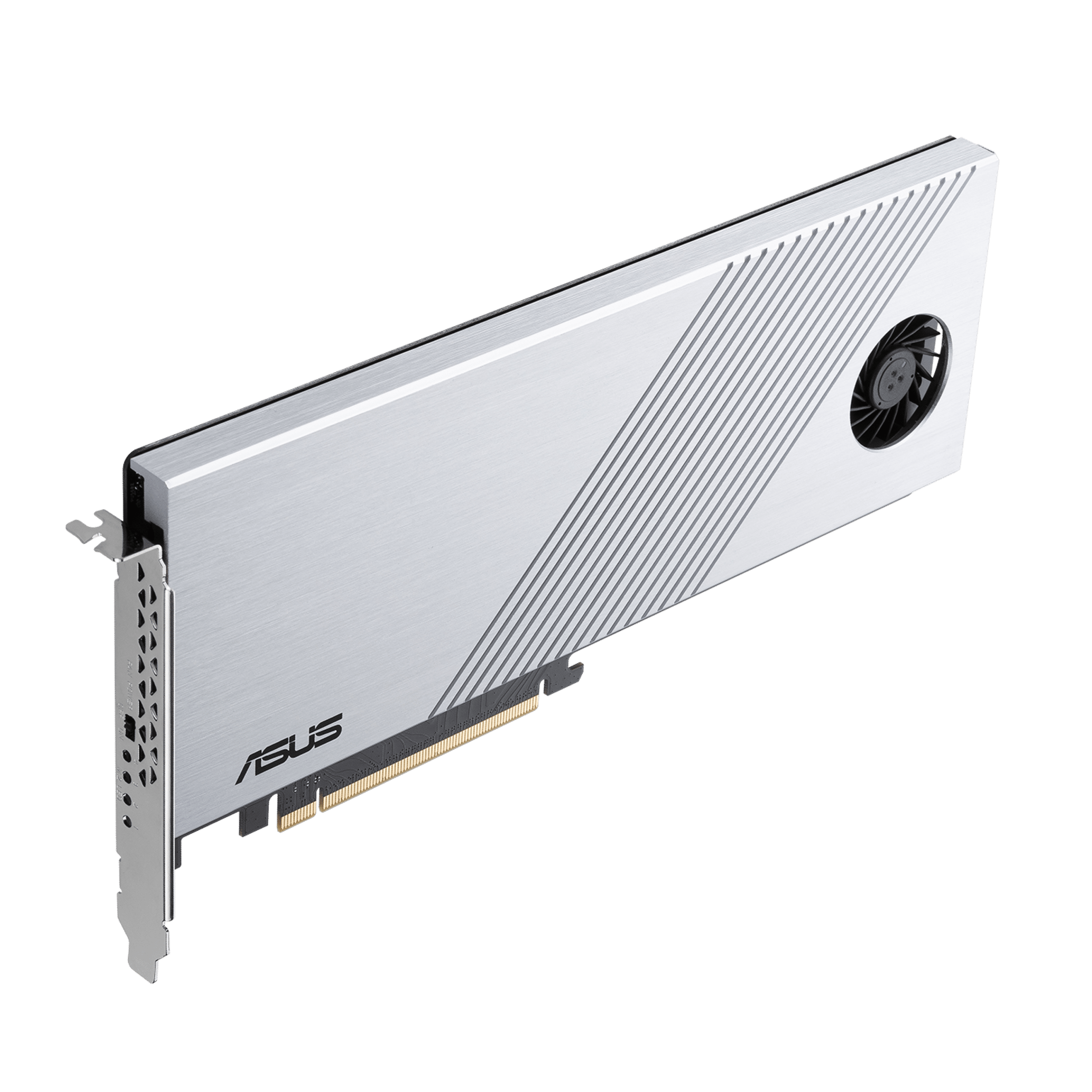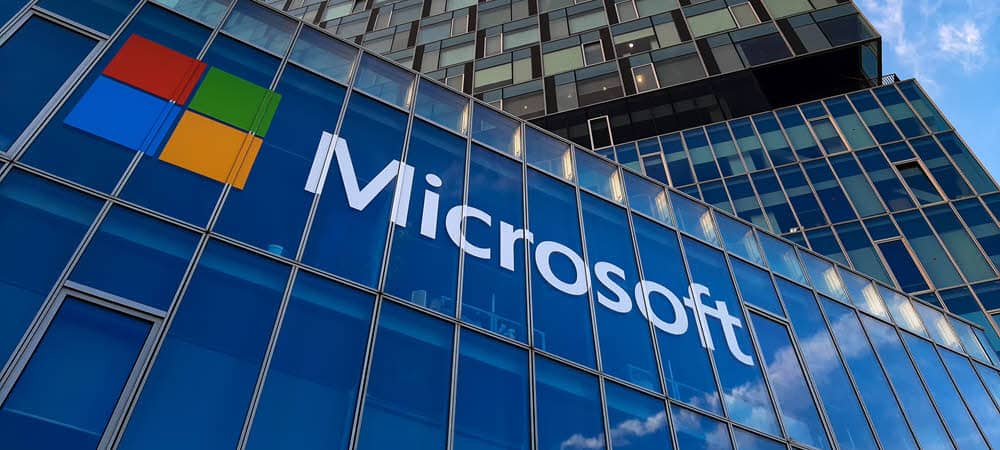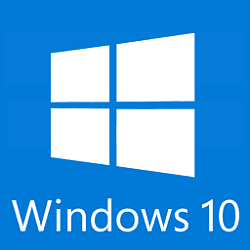- Local time
- 9:44 AM
- Posts
- 2,046
- OS
- Windows 11
Funny old thing uncertainty - there are lots of back up plans available - images, dual booting etc but I’m wondering if the OP is thinking of the emotional impact as well. As in - you just get to really love Windows 11 and have adapted and prefer it - and then suddenly have to go back to Windows 10 again or buy new hardware.
That is what I am thinking about at the moment. Do I run Windows 11 on my daily workhorse with all my files - and risk having to “go back” to something I’ve moved on from. Or do I just stick with Windows 10. At the moment I have kept 10 on my daily workhorse and installed 11 on “casual “ machines - a netbook and a family laptop that isn’t used much. But then you need to keep switching between OS’s which isn’t ideal either (akready I am getting confused about the gadgets app on windows 10 taskbar and the gadgets on windows 11 taskbar).
My decision is easier as changing my daily workhorse to something newer (but not brand new) that will run Windows 11 officially. But even then I am wondering whether to keep it on 10 in case of any major issues (as has happened with 10 on occasion after a featured update).
I’m sure some unsupported machines will stop beung supported along the way as this happened with 10 too - some people left on a particular feature update as Bree mentioned. At least it would still work until another solution is found.
But then I’m slow to fully change over anyway - I was late changing to Windows 10. But 7 was massively popular and 10 probably doesn’t have the same degree of love so people happy to upgrade.
Anyway I’m still undecided as to whether to keep it permanently on a daily machine at this stage but somehow, now I have 11 installed on a netbook I can’t imagine it will cease to function .
It’s easy for me to be gung ho on a casual machine and think hey it’ll be fine. Not so easy when you have masses of files and a hectic schedule on a main workhorse of a computer you want to just keep working.
But thinking about it - couldn’t the same thing happen on Windows 10 too? A machine stop being supported at a feature update? Or are there to be no more feature updates now 11 is out?
That is what I am thinking about at the moment. Do I run Windows 11 on my daily workhorse with all my files - and risk having to “go back” to something I’ve moved on from. Or do I just stick with Windows 10. At the moment I have kept 10 on my daily workhorse and installed 11 on “casual “ machines - a netbook and a family laptop that isn’t used much. But then you need to keep switching between OS’s which isn’t ideal either (akready I am getting confused about the gadgets app on windows 10 taskbar and the gadgets on windows 11 taskbar).
My decision is easier as changing my daily workhorse to something newer (but not brand new) that will run Windows 11 officially. But even then I am wondering whether to keep it on 10 in case of any major issues (as has happened with 10 on occasion after a featured update).
I’m sure some unsupported machines will stop beung supported along the way as this happened with 10 too - some people left on a particular feature update as Bree mentioned. At least it would still work until another solution is found.
But then I’m slow to fully change over anyway - I was late changing to Windows 10. But 7 was massively popular and 10 probably doesn’t have the same degree of love so people happy to upgrade.
Anyway I’m still undecided as to whether to keep it permanently on a daily machine at this stage but somehow, now I have 11 installed on a netbook I can’t imagine it will cease to function .
It’s easy for me to be gung ho on a casual machine and think hey it’ll be fine. Not so easy when you have masses of files and a hectic schedule on a main workhorse of a computer you want to just keep working.
But thinking about it - couldn’t the same thing happen on Windows 10 too? A machine stop being supported at a feature update? Or are there to be no more feature updates now 11 is out?
My Computer
System One
-
- OS
- Windows 11
- Computer type
- Laptop
- Manufacturer/Model
- HP Pavilion 14-ce3514sa
- CPU
- Core i5
- Memory
- 16gb
- Hard Drives
- Samsung 970 evo plus 2TB
- Cooling
- Could be better
- Internet Speed
- 200mbps Starlink
- Browser
- Firefox
- Other Info
- Originally installed with a 500gb H10 Optane ssd























